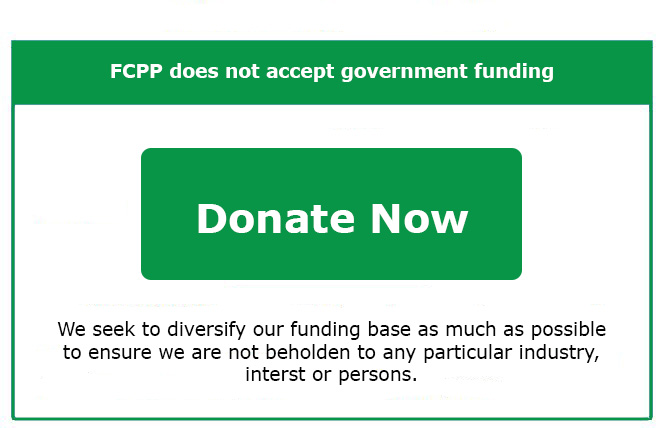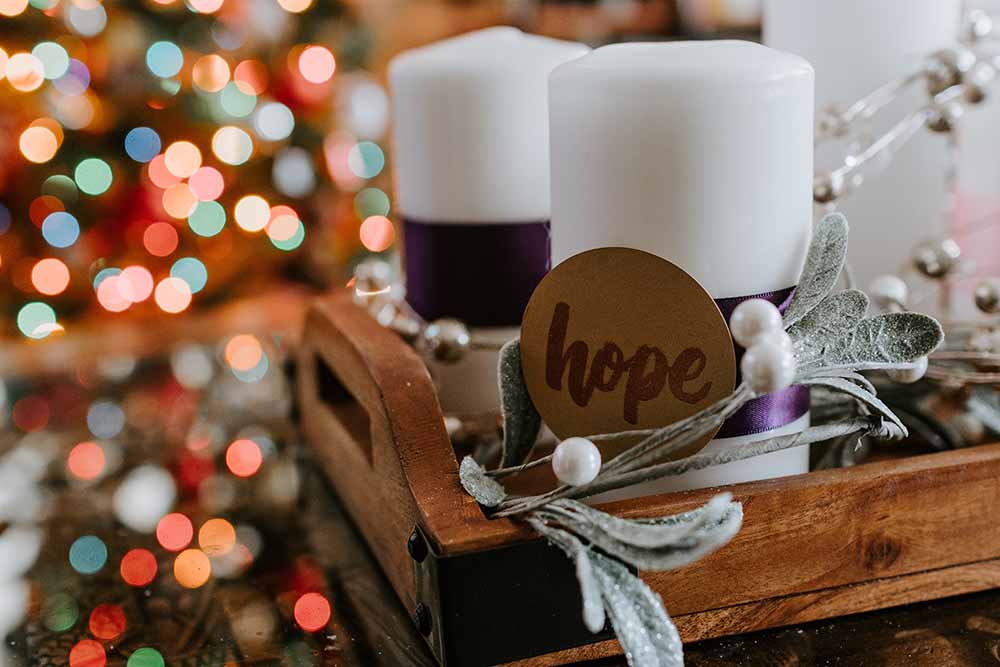Let’s face it, 2020 sucked. It was one of those years that people will remember their whole lives, the kind to judge all others by. The sort of year that, in the future, when your house burns down, your son flunks out of clown college, and your dog dies, you will be able to say, “well, at least it’s not as bad as 2020.”
When you think of this miserable 2020 your mind will naturally turn to the COVID pandemic; 1.5 million dead and counting, with billions around the world under some kind of restriction, unable to open their business, go shopping, or visit their dying relatives in hospital or see their grandchildren. But lest we dwell too much on that one source of woe, let me remind you of some others that combine to make this year an especially dire one.
Let’s begin with the bushfires in Australia, which took the lives of half a billion wild animals and domestic livestock. Then there was the Ukrainian airliner shot down by the Iranians, killing 176 people, including some Canadians. Democracy was crushed in Hong Kong, by the same Chinese government which initiated a border war with India. A stock market crash in March saw the fastest fall in global markets in financial history and the most devastating losses since Black Friday, 1929. There was another Ebola outbreak in the Congo. The United States was roiled by a presidential impeachment, race riots, and a vicious federal election. The Olympic Games and the 2020 Canadian Football League season were cancelled. Fighting broke out between Armenia and Azerbaijan and there was a civil war in Ethiopia. A mass murderer killed 23 people in Nova Scotia. Islamic terrorists slaughtered people in Pakistan, Mali, Niger, Somalia, Afghanistan, Mozambique, Burkina Faso, Nigeria, Cameroon, Austria, the Philippines, Germany, England, and France, while right-wing and assorted other extremists carried out attacks in the United States, Canada, Germany, Croatia, Northern Ireland, and Turkey.
2020 was indeed a bad year.
But here is the good news, even 2020 has a Christmas in it.
For Christians, Christmas is supremely good news. It is the second most important festival in the church calendar, a celebration of the moment that God took on the form of a little baby, born to save humanity and bring eternal life to believers. The fact that this involved a young peasant couple huddling in an animal shed in Bethlehem speaks to the social inversion inherent in Christianity, the world turned upside down, the first shall be last and the last shall be first – this comes as a relief for those of us who don’t happen to be rich or powerful and an excellent reason to be happy this December.
But Christmas is for more folks than just the faithful – it’s a glorious midwinter festival, the biggest annual event in the world. It is a time of open-heartedness, enjoyment, joyful consumption, and memory; a splendid time to be a child or to remember being a child. It’s the one time of the year when we are expected to be more thoughtful and forgiving than we might normally be; the time when we let the supernatural and fantastic creep into our lives with talking and singing about angels, flying reindeer, talking snowmen and a mysterious midnight gift-bringer.
Though 2020 has played a dirty trick on us and restricted the ways we can celebrate Christmas, we still have many opportunities to be merry. Remember that this is not Lent, we can be as self-indulgent as we like – that’s the definition of a festival. Let our food and drink be of the finest. Try new recipes for cookies and order in from restaurants who are desperate for custom. Let us watch Hallmark Christmas movies with the sound turned down so that we can provide our own cheesy dialogue. Sing Christmas carols in the shower.
But it also wouldn’t be Christmas without experiencing the joy of giving; this year so many have suffered financially and we can all help alleviate some of that pain. Shopping locally and donating to food banks and shelters will have real impact. Let’s indulge in the luxury of gratitude: say thank you to your spouse, old teachers, retail clerks and front-line workers. Read Charles Dickens’ A Christmas Carol over Skype to little ones. Do a good deed and not get caught: drop off small treats in a friend’s mailbox; shovel off someone else’s sidewalk; pay the bill of the person behind you in the McDonald’s drive-through.
2020 is almost over and it’s Christmas. Rejoice.
Gerry Bowler is a Canadian historian and a senior fellow with the Frontier Centre for Public Policy.
Photo by Kelly Sikkema on Unsplash.



